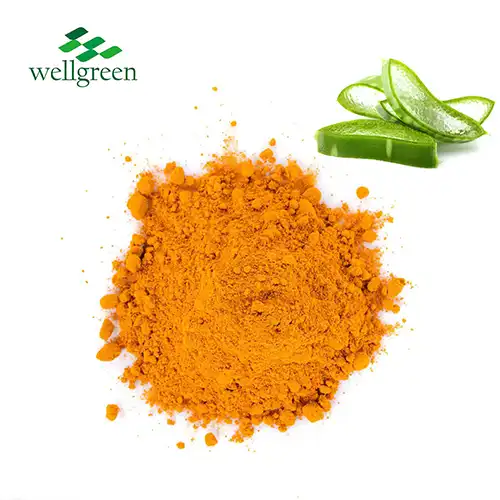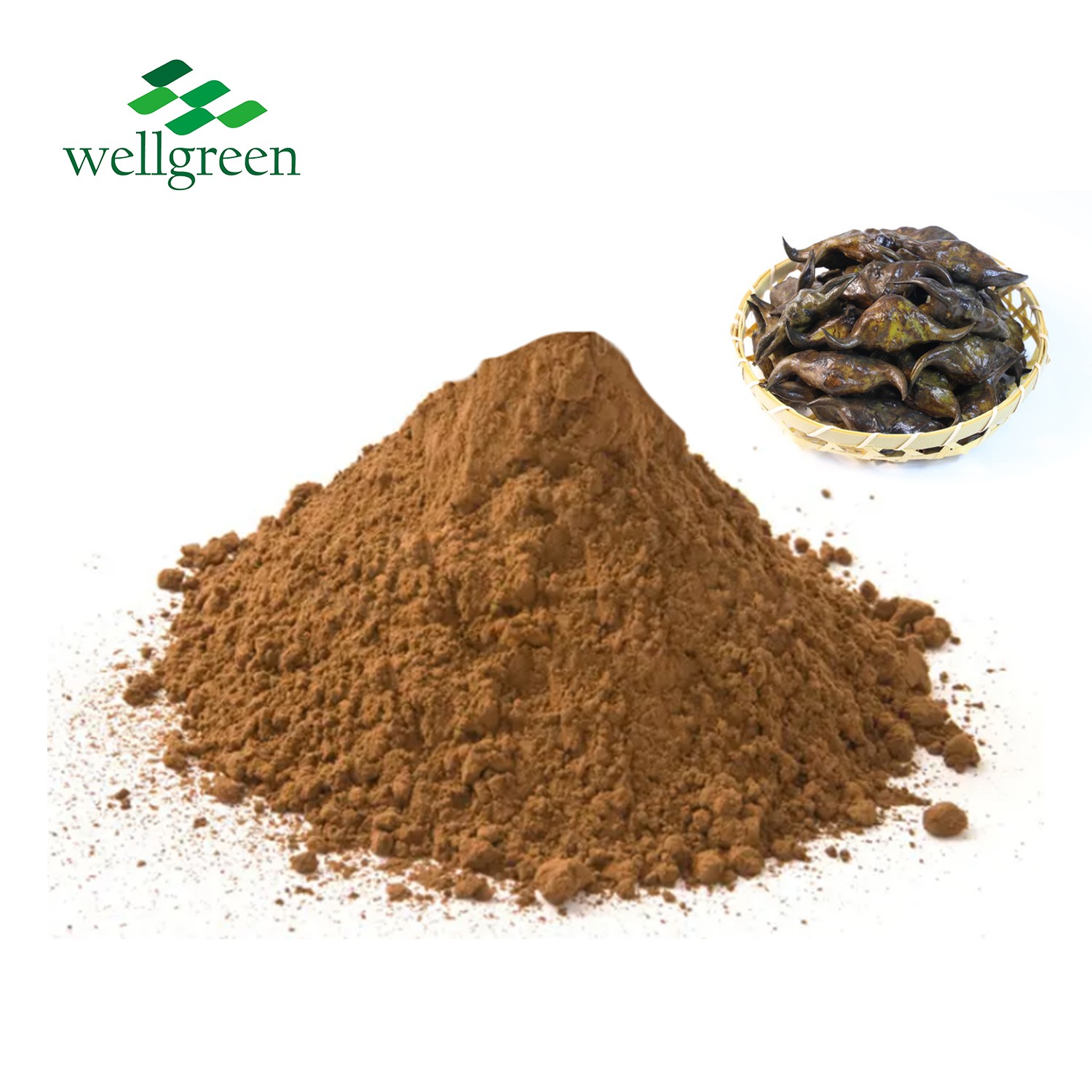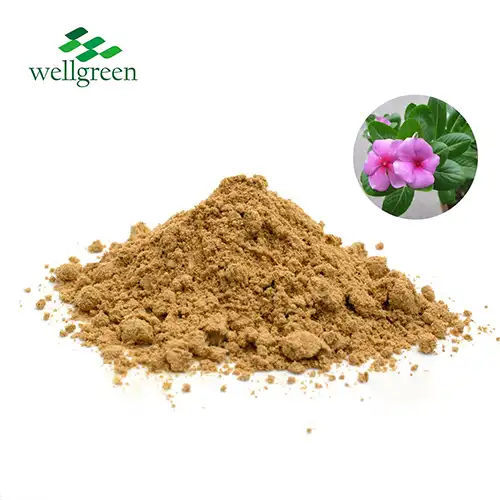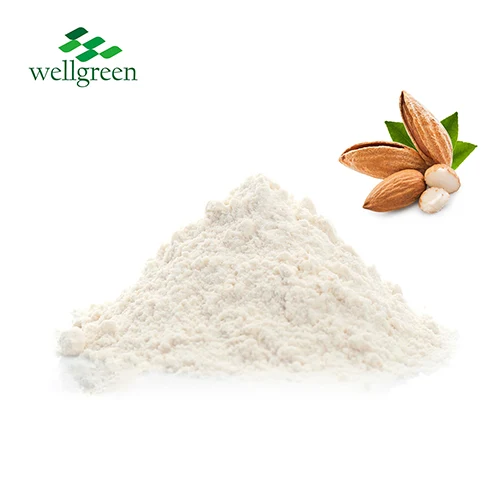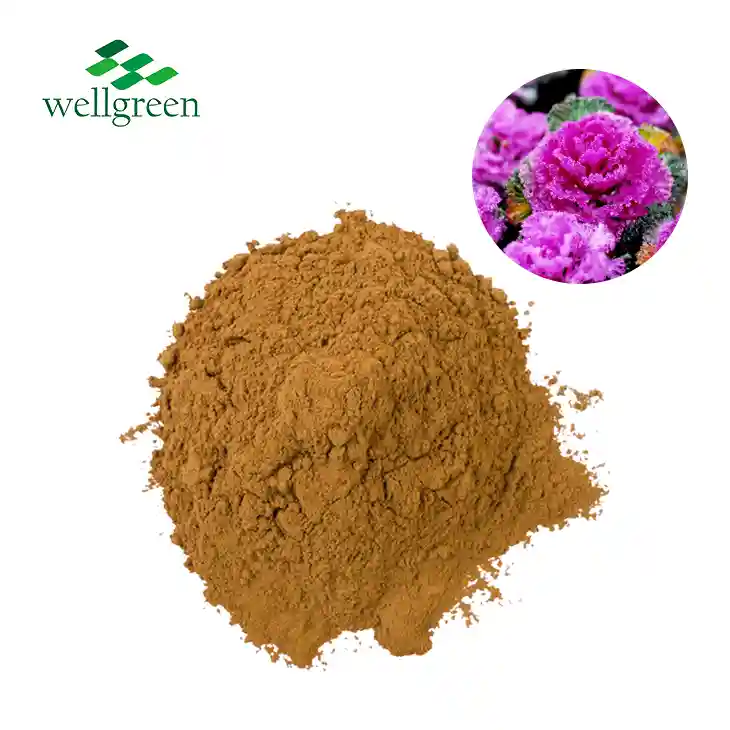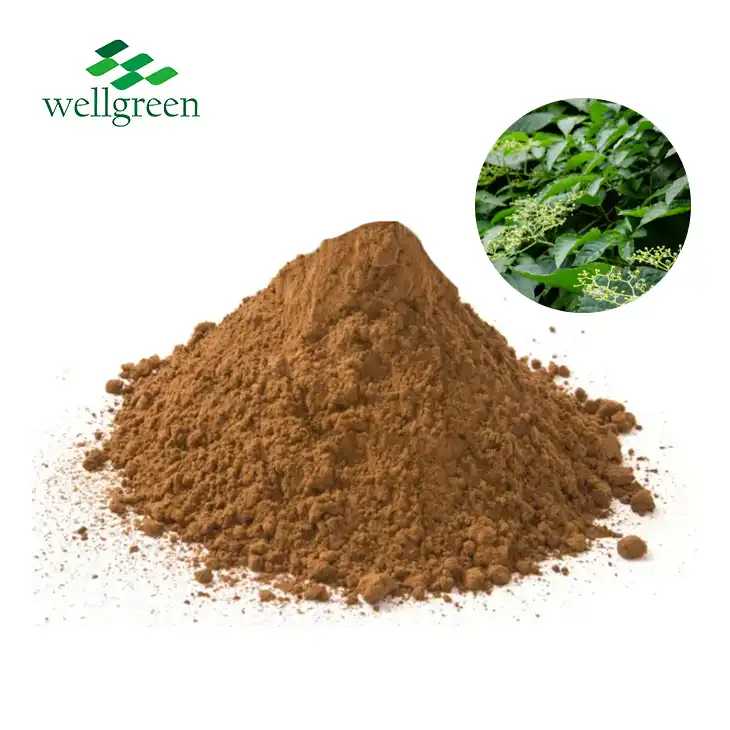What organ is asparagus good for?
2024-08-27 14:16:20
Asparagus, a nutrient-dense vegetable, offers numerous health benefits. It is rich in vitamins, minerals, and antioxidants, which contribute to its reputation as a superfood. In this article, I will explore how asparagus benefits the liver, kidneys, and digestive system. By understanding these benefits, you can better appreciate the value of incorporating asparagus racemosus root extract into your diet.
Can Asparagus Benefit Liver Health?
 Asparagus is renowned for its positive effects on liver health, making it a valuable addition to a liver-friendly diet. The liver, a crucial organ for detoxification and metabolism, benefits significantly from the diverse nutrients found in asparagus. This vegetable is rich in antioxidants, including glutathione, which plays a critical role in neutralizing harmful toxins and free radicals. By protecting liver cells from oxidative damage, asparagus supports overall liver function and health.
Asparagus is renowned for its positive effects on liver health, making it a valuable addition to a liver-friendly diet. The liver, a crucial organ for detoxification and metabolism, benefits significantly from the diverse nutrients found in asparagus. This vegetable is rich in antioxidants, including glutathione, which plays a critical role in neutralizing harmful toxins and free radicals. By protecting liver cells from oxidative damage, asparagus supports overall liver function and health.
Asparagine and Detoxification
Asparagus contains asparagine, an amino corrosive that assumes a vital part in the detoxification cycle. Asparagine helps the liver separate and wipe out byproducts all the more effectively. This amino corrosive backing the liver's capacity to change over smelling salts, a harmful side-effect of protein digestion, into urea, which is then discharged in pee. This detoxifying activity is vital for keeping up with the liver's wellbeing and forestalling the gathering of unsafe substances in the body.
Fiber Content and Liver Health
The high fiber content in asparagus is another basic part that upholds liver wellbeing. Dietary fiber advances standard solid discharges, which is fundamental for the discharge of poisons handled by the liver. At the point when the stomach related framework works without a hitch, the liver is less troubled with handling waste, permitting it to play out its metabolic and detoxifying obligations all the more successfully. Standard utilization of fiber-rich food sources like asparagus can diminish the gamble of stoppage and advance a solid stomach, which is inherently connected to liver wellbeing.
Reducing the Risk of Liver Disease
Consuming asparagus consistently can uphold liver wellbeing and diminish the gamble of liver infection. The cancer prevention agents in asparagus extract powder help safeguard against liver irritation and fibrosis, which are forerunners to liver cirrhosis and other extreme liver circumstances. Besides, the calming properties of asparagus can help in overseeing non-alcoholic greasy liver sickness (NAFLD), a typical liver problem connected to weight and metabolic condition.
Can Asparagus Enhance Kidney Function?
The kidneys are essential for filtering blood, removing waste, and balancing fluids in the body. Asparagus, a nutrient-dense vegetable, possesses several properties that can enhance kidney function and promote overall kidney health. By understanding how asparagus benefits the kidneys, you can make informed choices about incorporating this superfood into your diet.
Diuretic Effect and Toxin Elimination
One of the vital advantages of asparagus for the kidneys is its regular diuretic impact. Diuretics assist with expanding pee creation, which thusly helps with flushing out poisons, abundance salts, and liquids from the body. The diuretic properties of asparagus can be credited to its high satisfied of asparagine, an amino corrosive that invigorates the kidneys to deliver more pee. This expanded pee stream purges the kidneys and urinary parcel, decreasing the gamble of diseases and stone arrangement. Normal utilization of asparagus can in this manner support the kidneys' regular detoxification process and keep a solid liquid equilibrium in the body.
Anti-inflammatory Properties
Persistent irritation is a typical basic figure numerous kidney illness. Asparagus contains calming intensifies that can assist with lessening irritation in the kidneys. For example, the saponins and polyphenols in asparagus display mitigating impacts, which can be valuable in forestalling and overseeing conditions like nephritis (aggravation of the kidneys). By integrating asparagus into your eating routine, you can assist with diminishing provocative reactions and safeguard the kidneys from long haul harm.
Prevention of Kidney Stones
Incorporating asparagus extract powder into your diet can also help prevent the formation of kidney stones. Kidney stones form when certain minerals and salts in the urine become concentrated and crystallize. The high fiber content in asparagus promotes regular bowel movements and helps keep the urinary tract clear, reducing the likelihood of stone formation. Additionally, the diuretic properties of asparagus help maintain an adequate urine volume, which dilutes the minerals and salts in the urine, further preventing crystallization and stone formation.
Can Asparagus Support Digestive Health?
Digestive health is crucial for overall well-being, and incorporating asparagus into your diet can play a significant role in maintaining a healthy digestive system. This nutrient-dense vegetable is packed with dietary fiber, prebiotics, vitamins, and minerals that collectively support various aspects of digestive health.
Promotes Regular Bowel Movements
One of the primary benefits of asparagus for digestive health is its high dietary fiber content. Fiber is essential for promoting regular bowel movements and preventing constipation. The two types of fiber found in asparagus—soluble and insoluble—each play unique roles in digestive health.
- Soluble Fiber: This type of fiber dissolves in water to form a gel-like substance, which can help soften the stool, making it easier to pass. Soluble fiber also helps to slow down digestion, which can aid in nutrient absorption and help maintain stable blood sugar levels.
- Insoluble Fiber: This type of fiber adds bulk to the stool, helping it move more smoothly through the digestive tract. By increasing stool bulk, insoluble fiber helps prevent constipation and promotes regularity.
The combined action of soluble and insoluble fiber in asparagus ensures that your digestive system functions efficiently, reducing the risk of common digestive issues like constipation, bloating, and discomfort.
Supports a Healthy Gut Microbiome
Asparagus racemosus root extract contains inulin, a type of prebiotic fiber that is not digested in the upper gastrointestinal tract. Instead, inulin travels to the lower gut, where it serves as food for beneficial bacteria. These good bacteria, such as Bifidobacteria and Lactobacilli, play a crucial role in maintaining gut health.
- Promotes Beneficial Bacteria Growth: Inulin acts as a fertilizer for the gut's beneficial bacteria, encouraging their growth and activity. A healthy balance of gut bacteria is essential for digestion, nutrient absorption, and immune function.
- Improves Digestion: By supporting the growth of beneficial bacteria, asparagus helps improve the overall digestion process. These bacteria help break down food more efficiently, leading to better nutrient absorption and less digestive discomfort.
- Reduces Risk of Gastrointestinal Infections: A healthy gut microbiome can help protect against harmful pathogens by outcompeting them for resources and space. This reduces the risk of gastrointestinal infections and contributes to a stronger immune system.
Rich in Essential Vitamins and Minerals
Asparagus is a powerhouse of essential vitamins and minerals that contribute to digestive health:
- Vitamin K: This vitamin is crucial for blood clotting and bone health, and it also plays a role in maintaining the integrity of the digestive tract lining. By supporting the health of the gut lining, vitamin K helps prevent issues like leaky gut syndrome and inflammation.
- Vitamin C: Known for its immune-boosting properties, vitamin C also supports digestive health by aiding in the absorption of iron from plant-based foods. Adequate iron levels are essential for preventing anemia, which can lead to fatigue and impaired digestive function.
- Folate: Also known as vitamin B9, folate is vital for cell growth and repair. It helps maintain the health of the digestive tract lining and supports the production of DNA and RNA. Adequate folate intake is particularly important for pregnant women, as it helps prevent neural tube defects in developing fetuses.
Conclusion
In conclusion, asparagus stands out as a versatile superfood that offers significant benefits to key organs like the liver, kidneys, and digestive system. Its rich antioxidant content supports liver detoxification, while its diuretic properties aid kidney function by promoting toxin elimination. Moreover, the fiber and nutrients in asparagus contribute to digestive health, promoting regularity and enhancing nutrient absorption. By incorporating asparagus racemosus root extract into your diet, you can boost overall well-being and support these vital organs, making it a valuable addition to a balanced and health-conscious lifestyle.
WELLGREEN is an innovation-driven manufacturer of herbal extracts since 2011 certified by ISO9001:2015, ISO22006, HALAL, KOSHER, HACCP, and Organic Certificate. If you need Asparagus Extract Powder, please contact us wgt@allwellcn.com. We can supply customized service as per your request.
References
1. Hwang ES, et al. Asparagus cochinchinensis stimulates osteoblast differentiation and mineralization in vitro and in vivo. Food Chem Toxicol. 2010;48(5):1257-1262.
2. Bose KS, Agrawal BK. Effect of asparagus racemosus (Shatavari) on gastric emptying time in normal healthy volunteers. J Clin Biochem Nutr. 2011;48(3):289-292.
3. Vuksan V, et al. American ginseng (Panax quinquefolius L.) attenuates postprandial glycemia in a time-dependent but not dose-dependent manner in healthy individuals. Am J Clin Nutr. 2001;73(4):753-758.
4. Kimura Y, et al. Identification of anti-α-glucosidase components from arrowroot (Maranta arundinacea). Biosci Biotechnol Biochem. 2013;77(11):2170-2173.
5. Singh G, et al. Chemistry, antioxidant and antimicrobial potential of nutmeg (Myristica fragrans Houtt). J Genet Eng Biotechnol. 2020;18(1):48.
6. Hong MS, et al. Antioxidant properties of phenolic compounds from Korean medicinal plants. Phytother Res. 2000;14(1):23-26.
7. Upadhyay RK. Nutraceutical, pharmaceutical, and therapeutic uses of Allium sativum L.: a review. Int J Green Pharm. 2016;10(Suppl 1):S183-S189.
8. Goyal RK, et al. Phyto-pharmacology of Moringa oleifera Lam. - an overview. Natural Product Radiance. 2007;6(4):347-353.
9. Yadav N, et al. Effect of herbal formulation on wound healing in diabetic foot ulcer: a study. World J Pharm Pharm Sci. 2018;7(4):963-978.
10. Puri A, Sahai R, Singh KL, Saxena RP, Tandon JS, Saxena KC. Immunostimulant agents from Andrographis paniculata. J Nat Prod. 1993 Mar;56(3):995-999.

